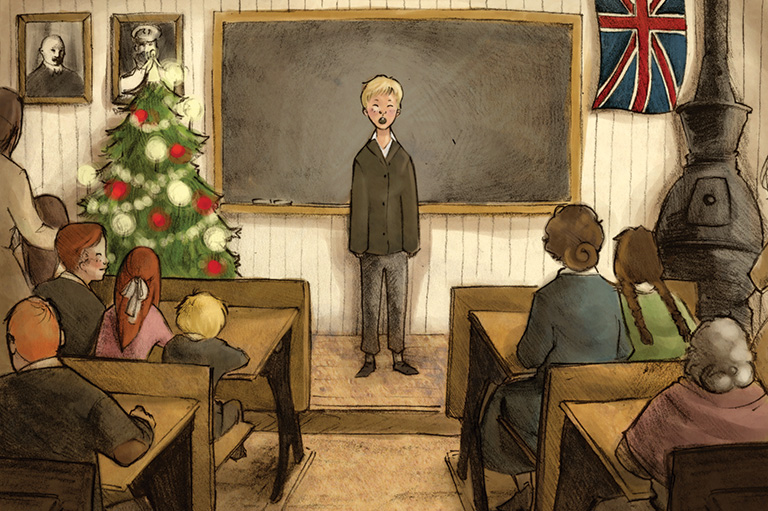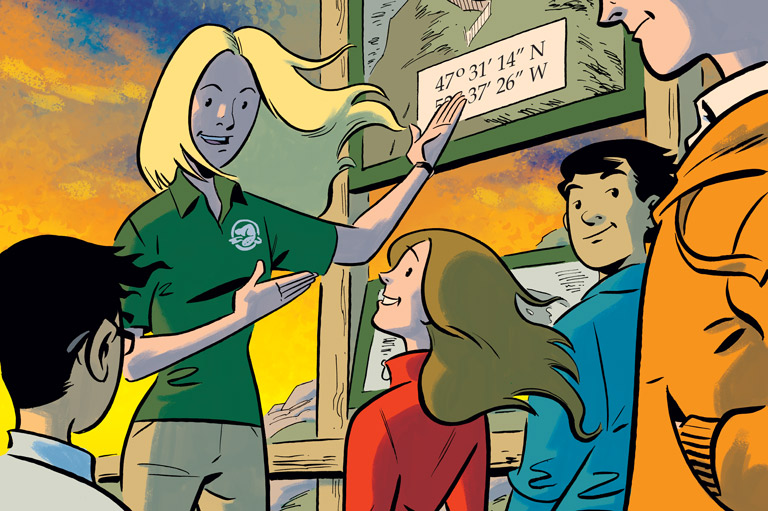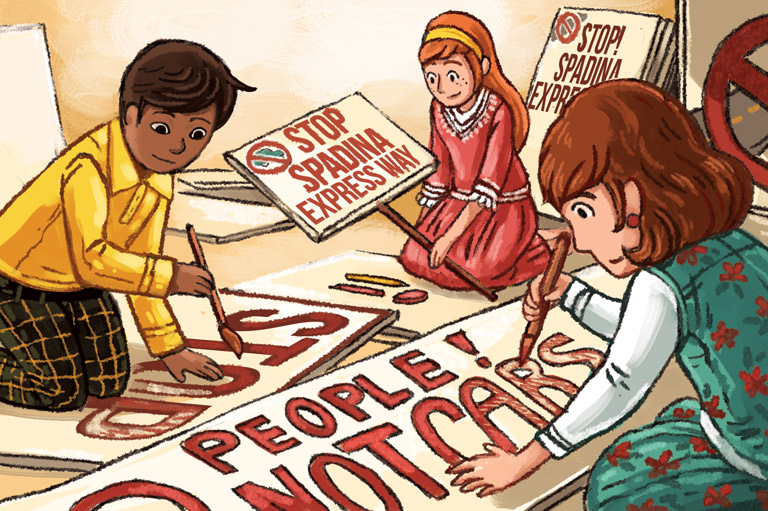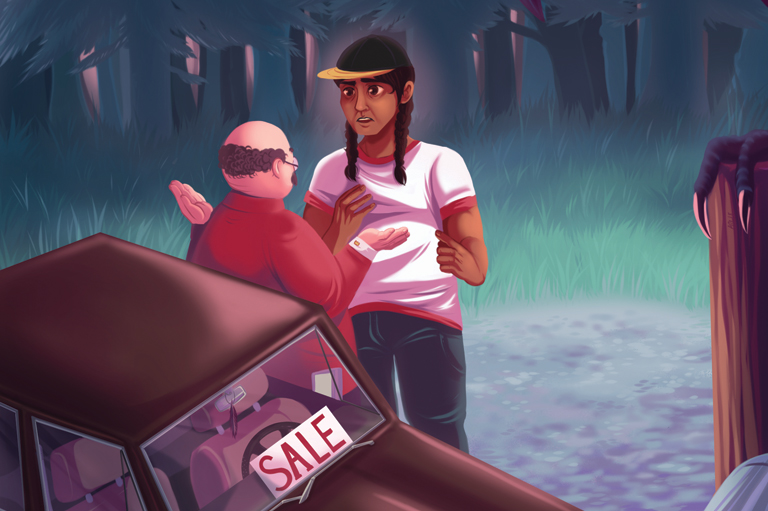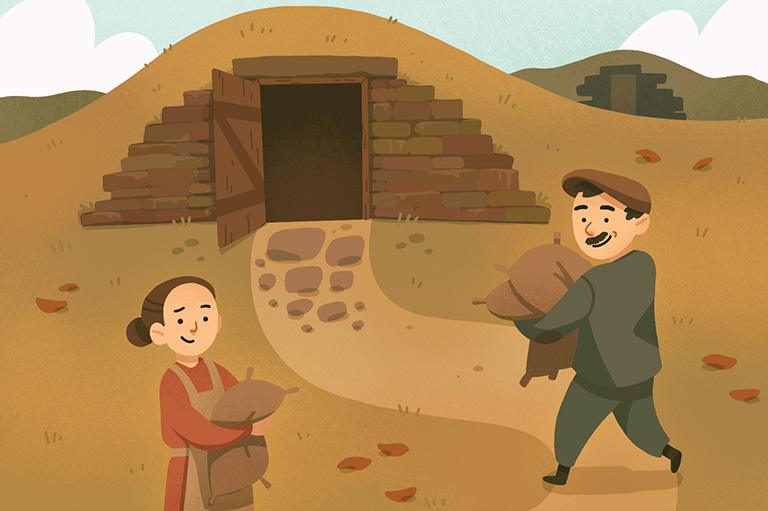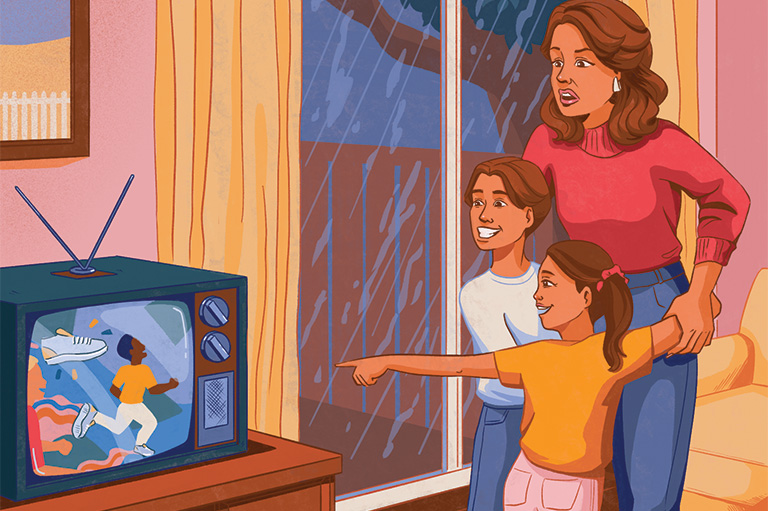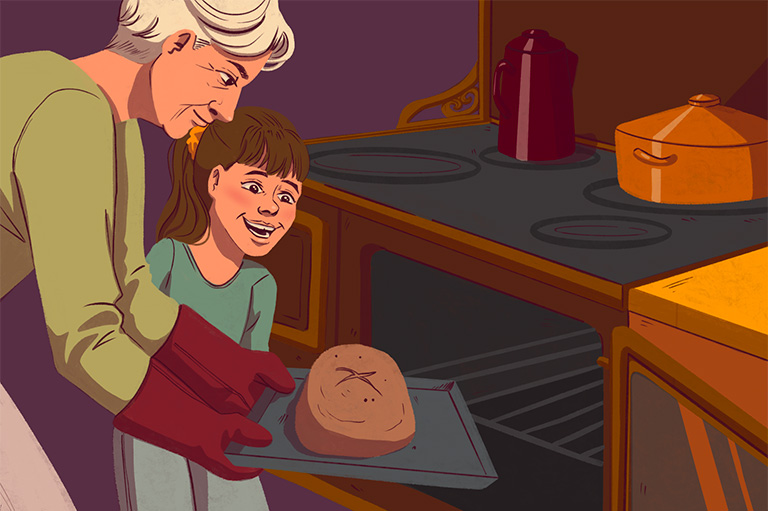Shattered City, Shattered Lives
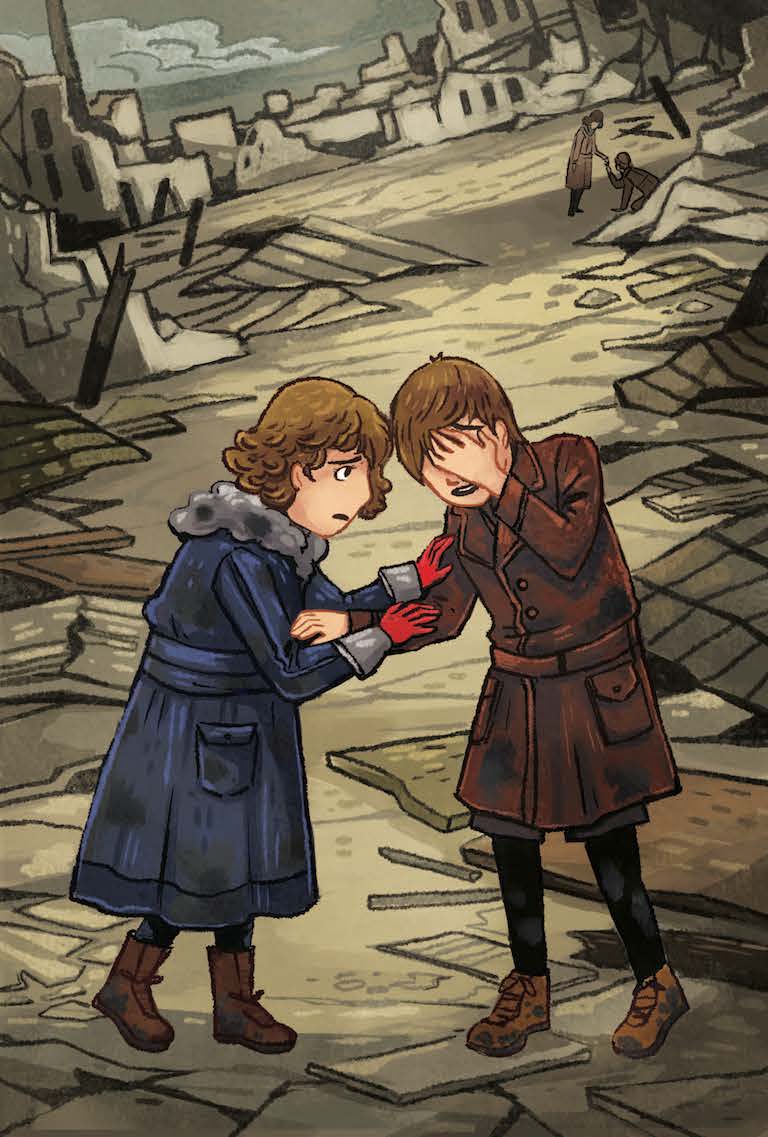
Halifax, N.S., Dec. 6, 1917
“Race you!” Clara MacDonald called back at her brother as she leapt down the steps of her family’s house on Creighton Street.
“You can’t beat me!” Douglas yelled in reply. “And besides, who wants to get to school early?”
But Clara had stopped. “What’s that cloud down in the harbour? I think a ship’s on fire!”
Their race forgotten, the pair took off toward the water. Nobody liked to see a ship sink or people get hurt, but a fire, well, that was exciting. Maybe the firefighting boats would be out. If they sprayed a lot of water, there would be interesting icicles all over. Maybe Clara and Douglas could be late for school just this once…
They felt the shock almost before the noise. The terrible, deafening noise of an explosion like …like nothing they’d ever imagined. Like the moon crashing into the sun. The force knocked them to the ground.
Clara’s head banged on a fence as she fell. Douglas tried to grab her but he, too, was slammed into the ground by the power of the blast.
“Clara! Are you okay? Where are you?” Douglas couldn’t see anything. What had happened? He put his hands to his face — they came away wet and sticky with blood.
Just then, Clara started moaning. “Douglas?” Her voice was weak and quivery.
“I’m here, Clara, but” — he tried not to sound panicky — “I can’t see you. I can’t see anything.””
“I’m just across the street.” Clara’s head hurt like she’d been smacked with a baseball bat, and she could tell she was bleeding. The thought made her woozy. Her arms and legs were cut, her coat and socks in tatters.
“I can’t move yet. Come toward my voice. You’ll be all right.” But even as she looked at her brother, she knew something was terribly wrong.
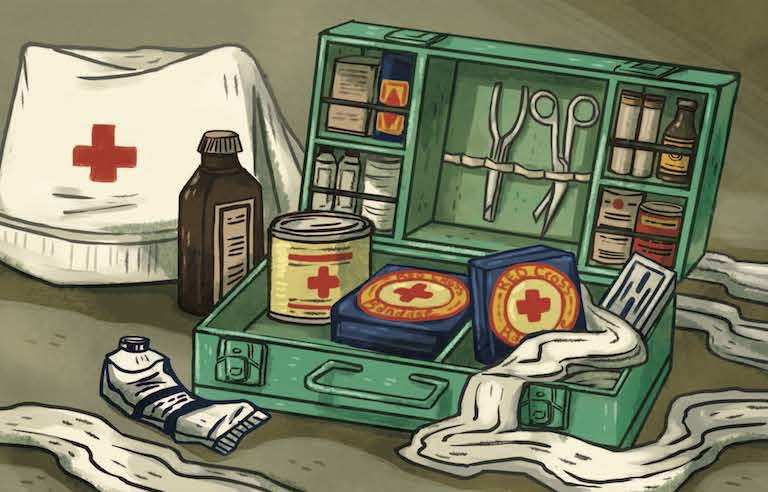
The memory of just a few moments before came rushing back. Douglas had been right in front of a store window when the explosion came, shattering the glass into awful flying daggers.
“Clara! Douglas!” Mrs. MacDonald’s voice contained both joy and sobs as she hobbled toward them. “Thank heavens I found you!” She tried not to betray her shock at Douglas’s scarred face as she hugged the children fiercely.
“I came as fast as I could.” She pointed to a swollen ankle. “The explosion knocked me down and the sideboard fell on my leg, but I’m luckier than many of our neighbours.”
As she heard the sound of a truck approaching, she waved her arms frantically. The vehicle slowed down and a soldier jumped off. “Lean on me. We’ll get you to the hospital.”
As they sat in the back, they winced as the truck jounced over fences, tree branches and furniture that had been thrown every which way. Douglas couldn’t hold it in any longer.
“Mama … I can’t see.”
“The doctors will fix you up,” his mother said. “Whatever happens, we’ll always look after you. The important thing is that we all survived. We have each other.”
The Halifax Explosion
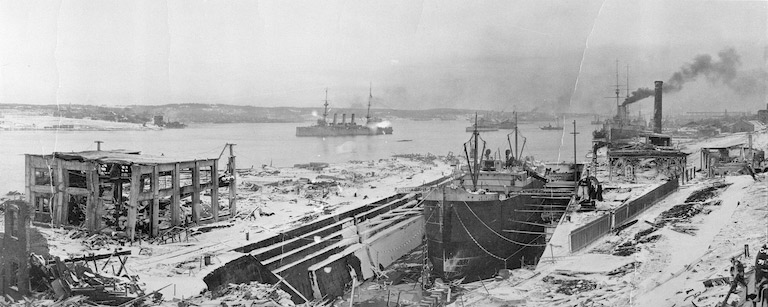
The Mont‐Blanc was sailing into Halifax on the morning of Dec. 6, 1917, to join ships taking explosives and weapons to the battlefields of the First World War. The much larger Imo was hurrying out of the harbour for New York, where it would load up with supplies to help people in Belgium suffering from the war.
The two ships got their signals confused and the Imo smashed into the Mont‐Blanc. In moments, huge flames covered the decks of the Mont‐Blanc. The ship’s crew desperately rowed for shore in their lifeboats. Almost no one else knew about the Mont‐Blanc’s deadly cargo.
People followed the plume of smoke into the harbour, and kids on their way to school stopped to watch the ship burn. Brave Vincent Coleman, a telegraph operator who might have been able to escape when a sailor told him the Mont‐Blanc was about to blow up, instead stayed behind to warn incoming trains to stop. About 18 minutes later, just before 9:05 a.m., the Mont‐Blanc exploded.
The blast flattened the city’s west end, destroyed the Mi'kmaq community of Tuft’s Cove, and blew out windows for kilometres around. The shock wave it caused tossed people several metres, even several blocks. Buildings collapsed or burned. Glass flew everywhere, causing terrible injuries. A huge wave of water crashed up into the city, sweeping people and things every which way.
More than 1,900 people died, 9,000 were injured and 6,000 were left without a home. Flying glass completely or partly blinded more than 300 people, including 48 children. Adults and children alike were educated at the Halifax School for the Blind so they could still earn a living.
After the explosion, strangers worked together to help those in need. Doctors and nurses flooded in from all over Nova Scotia and beyond. The terrible disaster of December 6, 1917, was the worst human‐caused explosion in history until the first atomic bomb was set off in 1945. Every year on that date United Memorial Church in Halifax holds a service to remember the victims of the Halifax Explosion.
Themes associated with this article
You might also like...
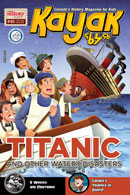
Canada’s History Archive features both English and French versions of Kayak: Canada’s History Magazine for Kids.

